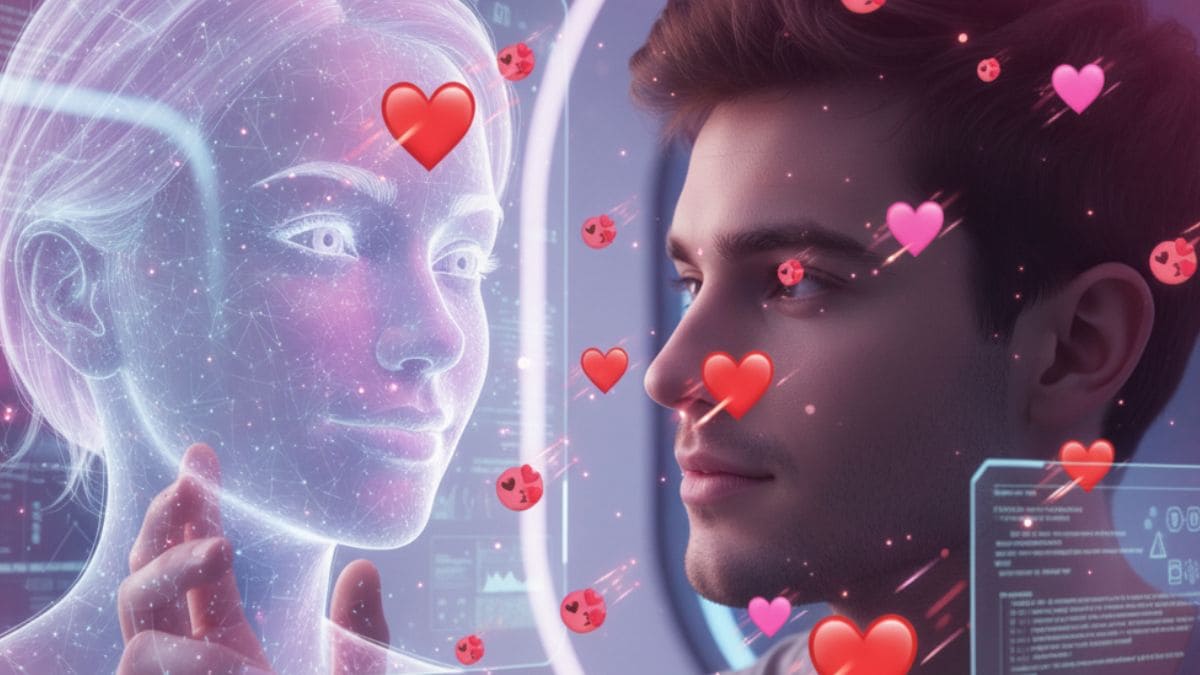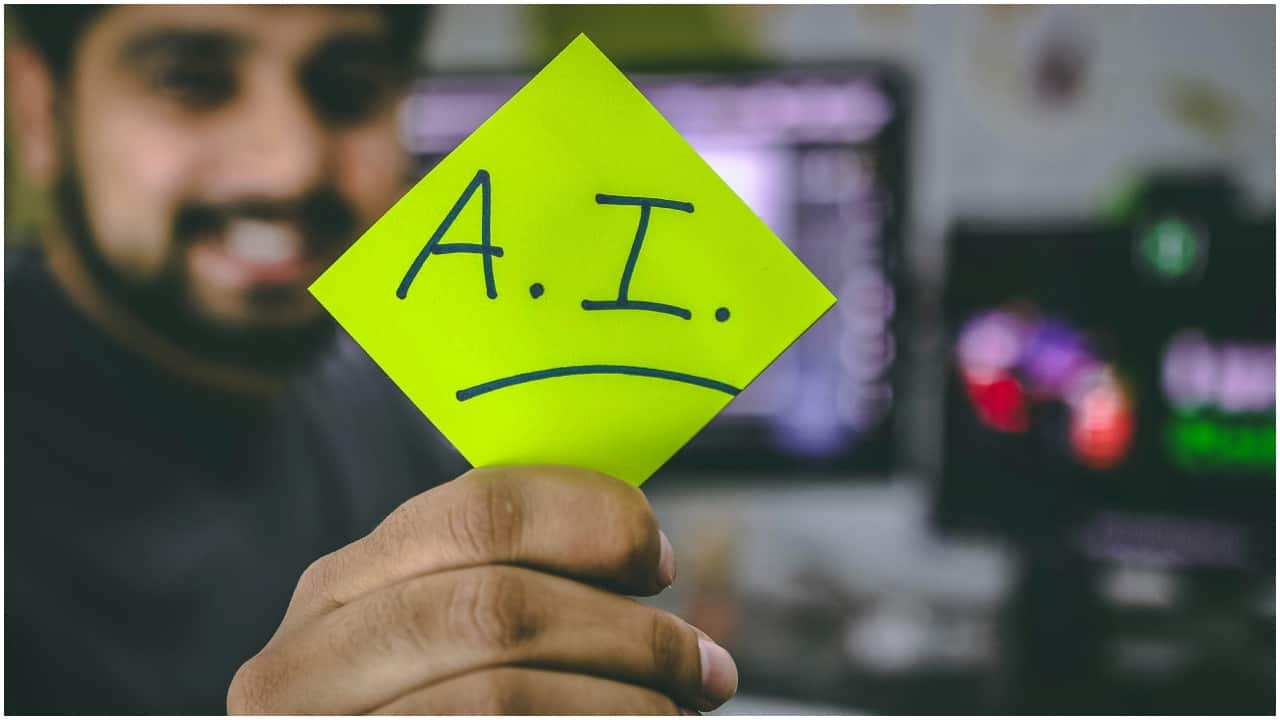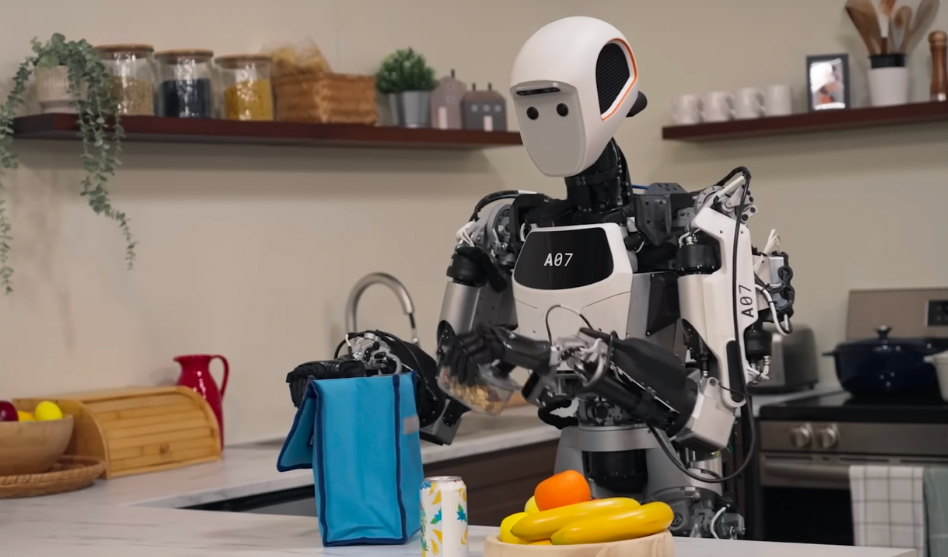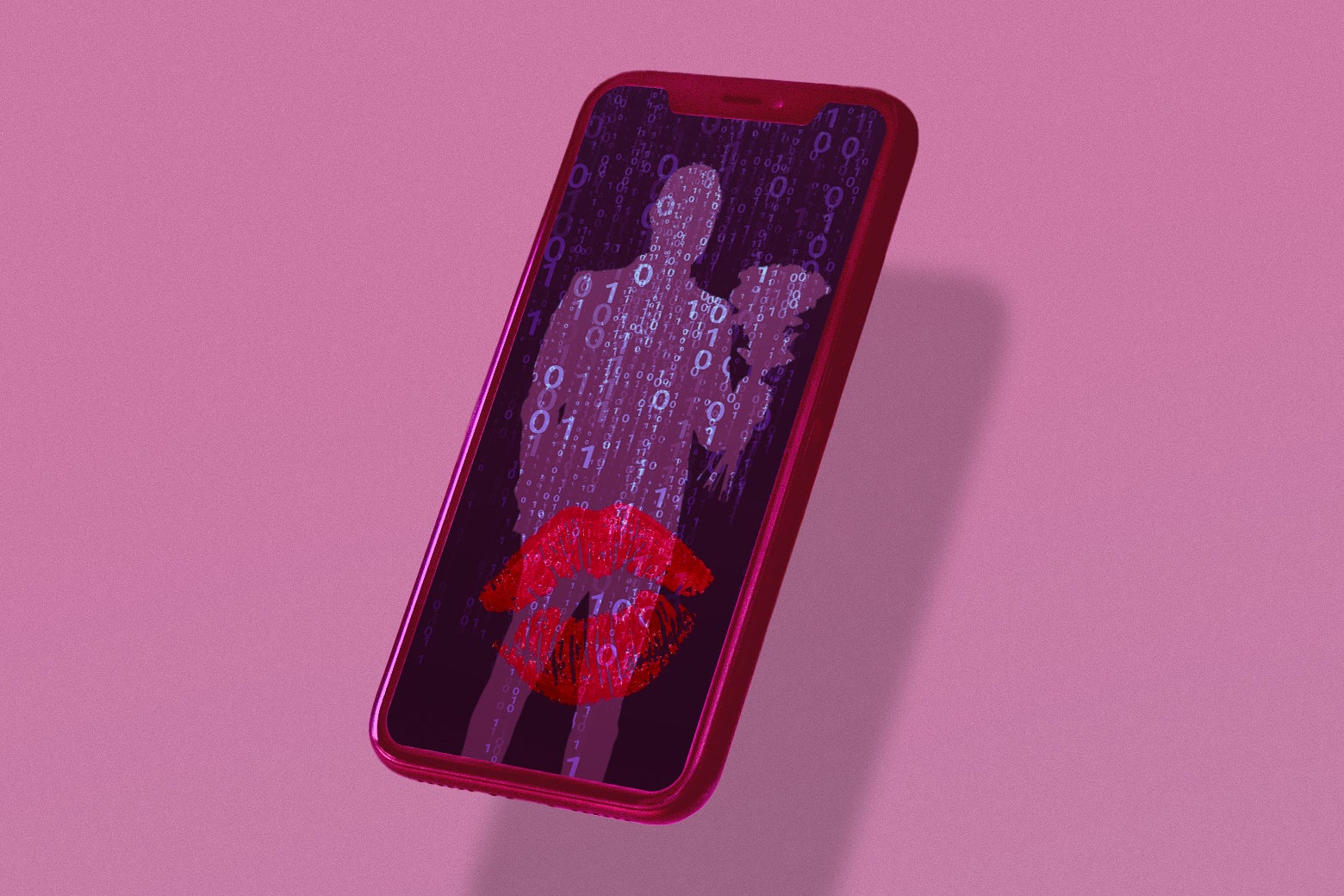Shocking Truth: 28% of Americans Are Pursuing Romantic Relationships with AI!

Imagine a world where your deepest conversations aren’t with a friend or partner, but with a digital entity! In an era where love can be incredibly complex, a new and unsettling phenomenon is emerging: intimate relationships between humans and artificial intelligence (AI).
Once thought to be pure fantasy, AI has seamlessly integrated into our everyday lives. No longer just a tool, AI is evolving into a companion that many people turn to for emotional connection. In fact, a recent study reveals that an astonishing 28% of American adults confess to engaging in intimate or romantic relationships with AI.
This eye-opening survey, conducted by Vantage Point Counseling Services with 1,012 participants, highlights an intriguing shift in how we perceive AI. What was once merely a voice assistant is now being regarded as a confidant, co-worker, and even a lover. With 28.16% of respondents acknowledging intimate ties to AI, it's clear that these connections are becoming mainstream.
AI systems like ChatGPT, Character.ai, Amazon's Alexa, and Apple's Siri are now seen as more than just fancy gadgets. They are companions that provide emotional support and companionship. The study uncovered that over half (53.95%) of participants reported some form of relationship with AI, whether it's a work colleague, friend, or advisor, indicating a growing emotional landscape where humans and machines interact on a profound level.
Interestingly, the survey found that AI intimacy isn't just for lonely hearts. More than 50% of those in stable human relationships also reported exploring connections with AI. This raises fascinating questions about what drives people to seek out AI for intimacy—could it be the allure of novelty, curiosity, or simply the thrill of something new?
Furthermore, the research presents a surprising twist: over 53% of those who admitted to having a romantic relationship with AI also claimed to be in satisfying, committed human relationships. This challenges the long-held belief that AI partnerships stem from loneliness. Instead, they may serve as a supplementary escape—a connection that offers non-judgment, total control, and the freedom to explore emotional depths without the typical consequences of human relationships.
However, many participants view these AI interactions as more of a safe outlet rather than a genuine relationship. One anonymous respondent shared, “I have sexual chats but I don’t see it as a relationship.” This detachment suggests that while these digital romances provide a dopamine rush, they may lack the emotional weight of a traditional love.
Yet, there are potential pitfalls. Experts warn that immersing oneself in AI relationships could provoke mental health issues, including social withdrawal and addiction to these artificial connections.
The study also explored generational differences regarding AI relationships among those in human partnerships. Younger adults (ages 18-29) were largely opposed to mixing AI and human intimacy, with 56.52% labeling it as cheating. Meanwhile, older adults (60+) were more forgiving, with 50.29% considering AI relationships harmless.
Looking ahead, while the growth of AI relationships may taper off, they aren't going anywhere. As AI technology advances, offering richer and more lifelike interactions, people will likely continue to seek emotional support and companionship from these digital avatars. However, this could come at a cost—risking more profound isolation and avoidance of real-life complexities. If AI can replicate the emotional intimacy of a human, might it ultimately replace the need for genuine human connection?




























